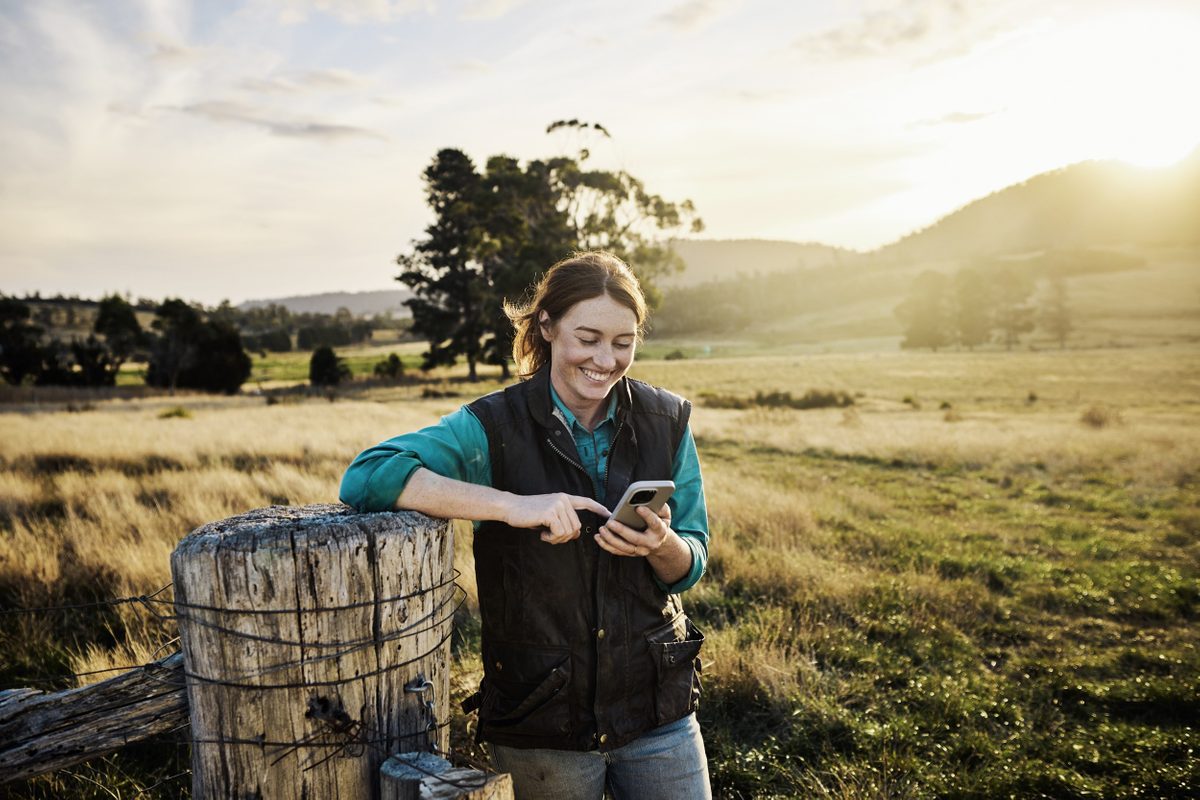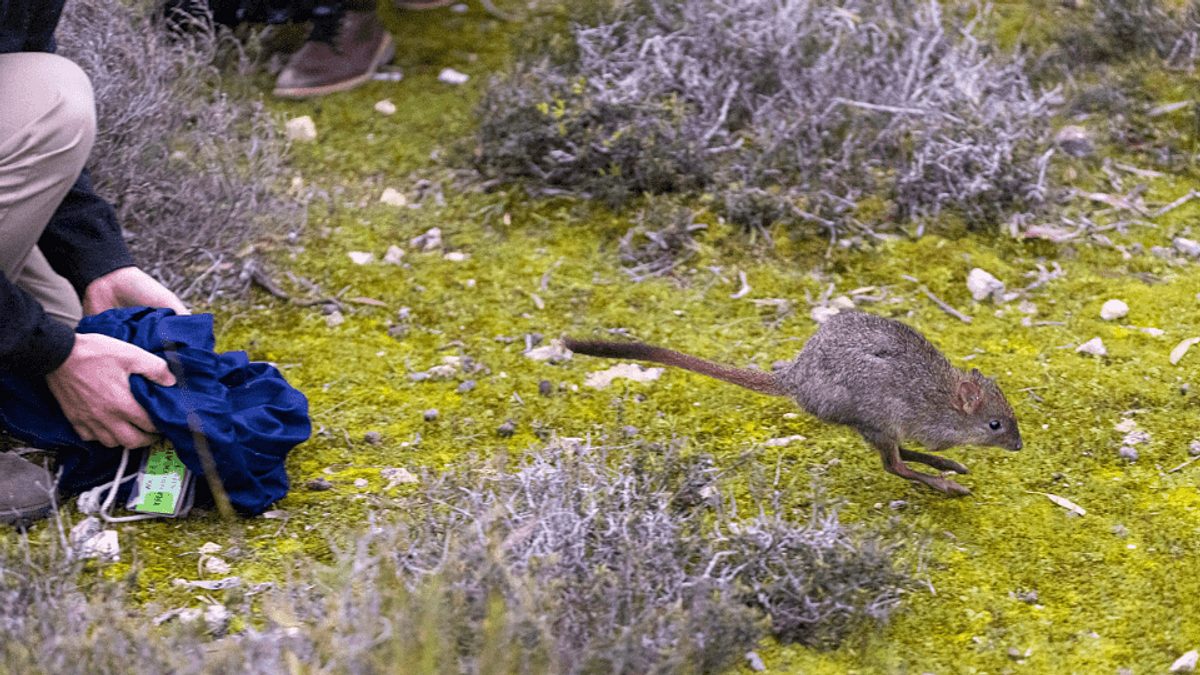Mid North awash with cactus-fighting cochineal
A team from the Northern and Yorke Landscape Board has released an army of cactus-fighting cochineal insects to tackle prickly pear infestations along three of the Mid North’s major rivers.

About 80 cochineal sites were established as biological control hotspots during summer, with a concentration along the North Para, Gawler and Light rivers where the Opuntioid cactus species is abundant.
Transferring cochineal to cacti growing along river banks is a weed combat tactic that uses the waterways as a natural transport system for ongoing biological control.
“Many landholders have spent considerable effort controlling prickly pear, only to have fragments of the weed wash on to their property from upstream during floods,” said Landscape Officer Jamie Pook.
“By establishing cochineal along the length of the rivers, cactus pads that float down in the future will hopefully either be infected with cochineal or be washed into areas that already have it.”

Cochineal is a host-specific insect that is a natural enemy of certain species of Opuntioid cactus. The tiny scale insect sucks the sap from the cactus, drawing out moisture and nutrients and shrinking the weed over time.
It is an effective non-chemical control technique for prickly pears in difficult-to-reach locations, such as steep river banks.
Cacti are invasive pest plants that damage stock and wildlife and can even cause harm to humans. When left uncontrolled, they can form dense infestations that reduce land use and smother native species. Many cactus species are declared under the Landscape South Australia Act 2019 and require landowners to control them.
“Prickly pear is a big problem in a lot of areas in the Northern and Yorke region, particularly along our rivers, on the peri-urban edge of townships, in coastal areas and across the rangelands,” said Mr Pook.
“Climate change modelling has demonstrated that its range has the potential to increase significantly, so it’s important to work together to control it.”

The Northern and Yorke Landscape Board has also released cochineal along the Broughton River and worked with Green Adelaide along the Gawler River.
A summer-active insect, the warmer months are the best time to release cochineal on cactus infestations. Landholders interested in next year’s cochineal release program can call the Northern and Yorke Landscape Board on 8841 3444.


